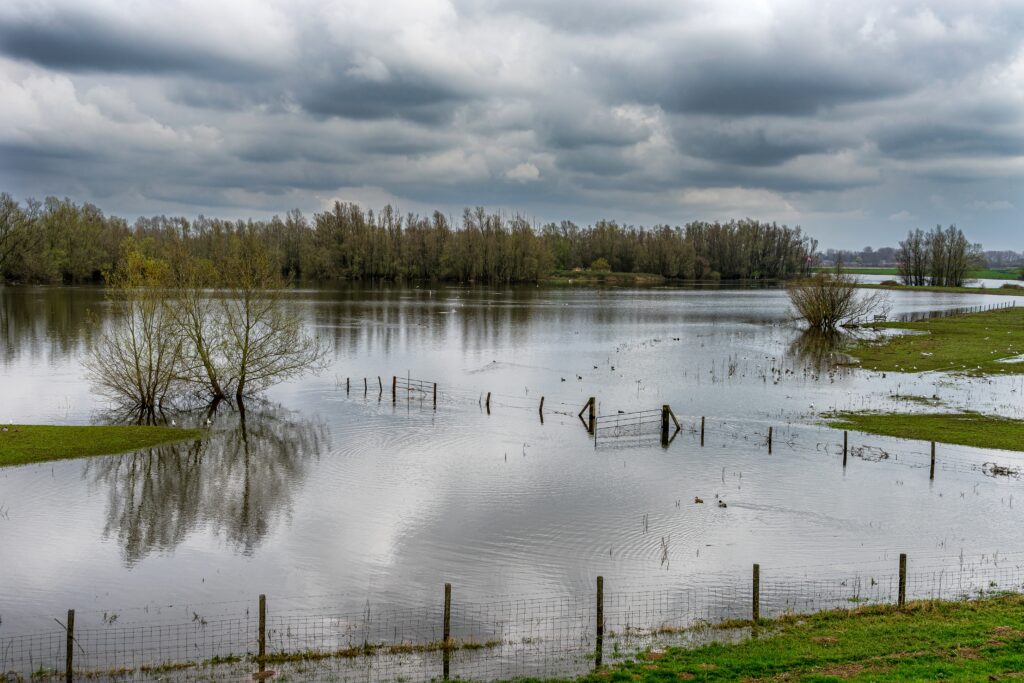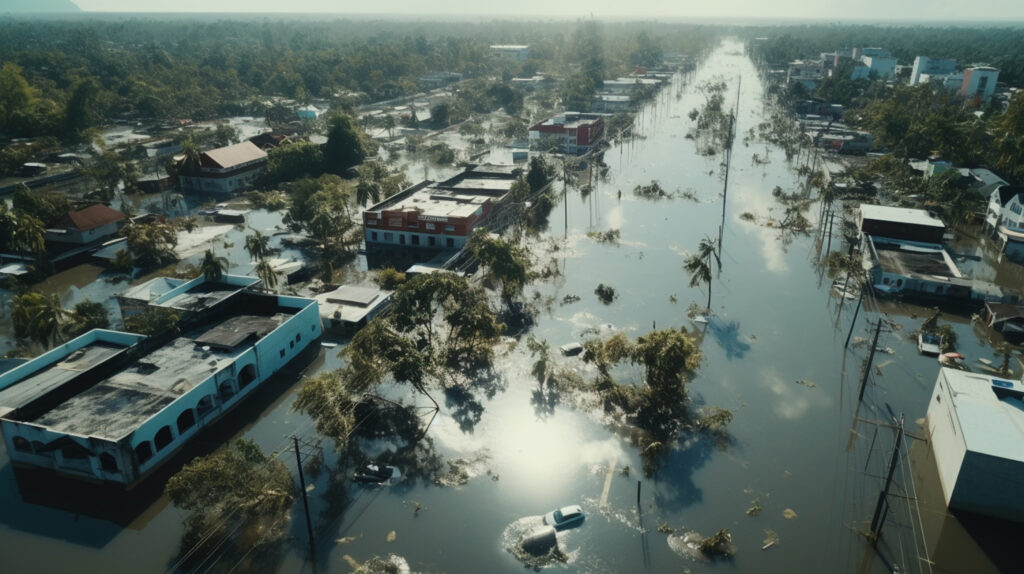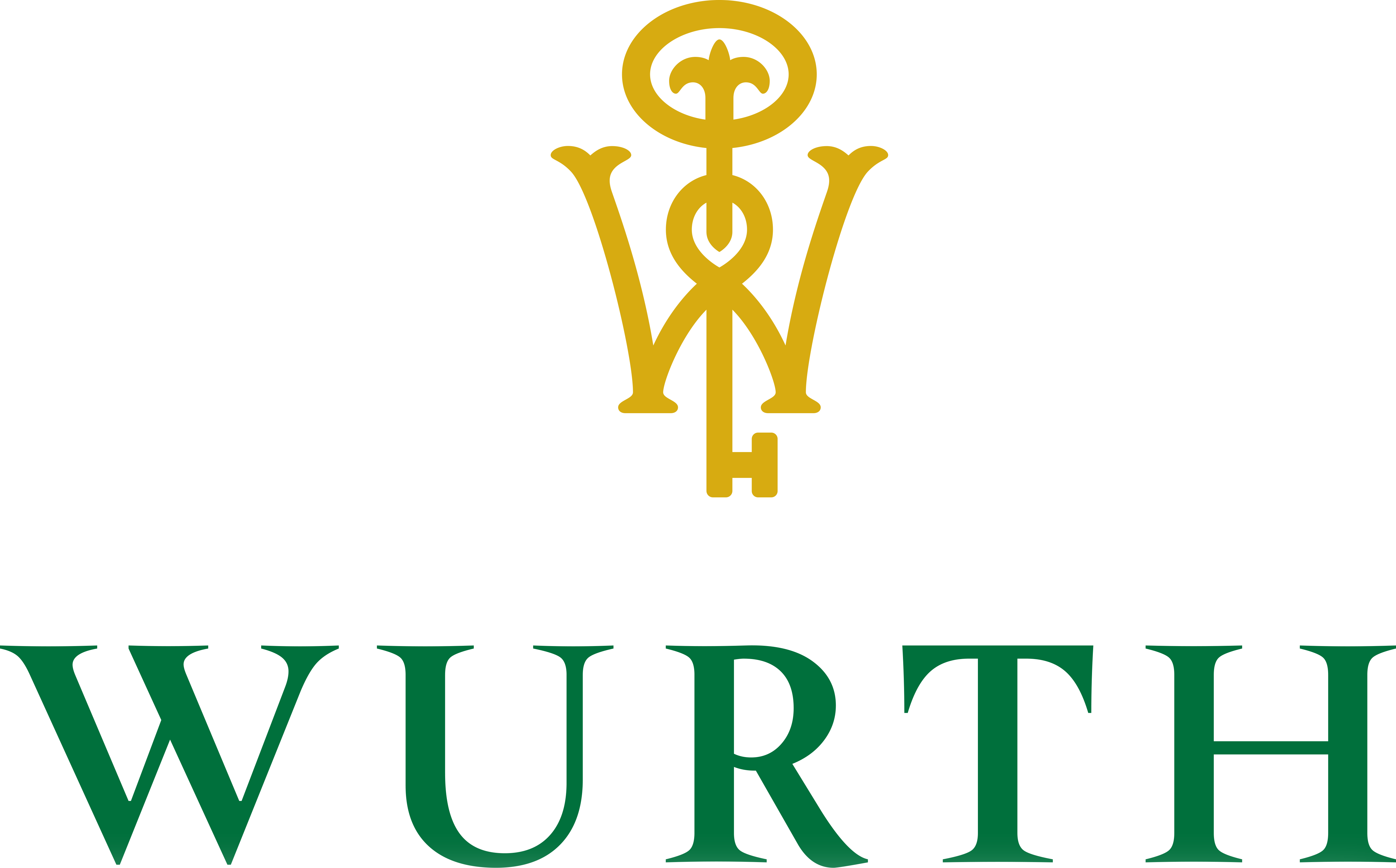Welcome to the Wet Side of Real Estate

Here in Baton Rouge, rain isn’t just a weather event. It’s a full-blown personality trait. From surprise afternoon downpours to storms that turn streets into streams, we’ve got moisture on speed dial. And if you own a rental property here, that rain comes with real responsibilities.
Let’s talk about flood zones, rental risk, and how to make sure your investment stays high and dry, even when your driveway isn’t.
What’s a Flood Zone?
A flood zone is FEMA’s fancy way of saying, “Here’s how likely your property is to take a swim.” They divide land into categories based on flood risk. For example:
- Zone X: Minimal risk. You’ve got more to fear from clogged gutters than storm surges.
- Zone AE: High risk. Flood insurance is mandatory here.
- Zone VE: Coastal zones. Think beach… but less fun when it’s your living room.
You can check your property’s zone using FEMA’s Flood Map Service Center. It’s free, it’s accurate, and it might save you thousands.
Baton Rouge: A High-Stakes Rain Game
Here’s the deal: nearly 20% of flood insurance claims come from “moderate to low-risk” areas. So even if you’re in a Zone X, you’re not off the hook. Baton Rouge has more than its fair share of sneaky floods, especially in areas near Bayou Fountain, Ward Creek, and Jones Creek.
In 2016, catastrophic floods in Baton Rouge damaged more than 60,000 homes. A lot of landlords learned the hard way that ignoring flood zones is like skipping sunscreen on a beach day, fine until it isn’t.
How Flood Zones Affect Your Rental Property
So, you’ve got tenants, a tidy lease, and maybe even a fresh coat of paint. But if you’re not flood-ready, you’re gambling with your ROI.
Here’s how flood zones come into play:
1. Insurance Costs Skyrocket
Landlords in higher-risk zones can expect flood insurance premiums between $700 and $2,000+ per year, depending on property elevation and coverage level.
2. Your Lease May Need a Waterproof Update
Disclosures about flood history and risk aren’t just a courtesy. In many cases, they’re a legal requirement. Plus, tenants appreciate transparency, especially when it comes to their stuff.
3. Tenants Talk, and Move
Water damage is the quickest way to lose a tenant and your property’s reputation. Even a minor flood can create major headaches, from mold remediation to angry Google reviews.
4. Maintenance Gets Murky
Flood zones demand proactive property maintenance. We’re talking French drains, raised electrical systems, sealed foundations, and proper grading. Skip these, and your rental becomes a swampy money pit.
Quick Checklist: Is Your Rental Flood-Smart?
Give yourself a gold star for every box you can check:
✅ You know your property’s FEMA flood zone
✅ You carry flood insurance (not just homeowner’s insurance)
✅ Your lease includes flood disclosures
✅ You’ve flood-proofed the structure (elevated HVAC, sealed basement, etc.)
✅ You have an emergency plan for tenants
If you’re missing more than one, it might be time to call in the flood-friendly pros.

The Cost of Doing Nothing
Let’s not sugarcoat it: the average flood claim is $52,000. Even one inch of water can cause up to $25,000 in damage. And no, regular landlord insurance doesn’t cover flood damage. That’s a separate policy, because water is just that special.
Also, FEMA assistance? Only kicks in during declared disasters, and even then, it’s a loan, not a freebie. Waiting on federal aid is like waiting for a sunny day in July, it might come, but don’t count on it.
Flood Insurance: Friend, Not Foe
Flood insurance isn’t just for beachfront mansions. It’s for any property with plumbing, flooring, and tenants who like dry socks. You can get policies through the National Flood Insurance Program (NFIP) or private providers. Rates depend on your property’s elevation, construction, and risk zone.
Pro tip: bundle flood coverage with other landlord protections to save time, money, and brain cells.
What Tenants Want: Safety First
Today’s renters are savvy. They Google. They read reviews. They ask questions about mold, leaks, and sump pumps. If your rental feels flood-prone or unprepared, they’ll pass, and tell their friends why.
Advertising your rental as “flood-prepared” or “elevated for storm safety”? That’s more than a selling point. It’s peace of mind, and a competitive edge.
Wurth PM: Baton Rouge’s Rain-Ready Rental Experts
We get it. All this flood talk can feel overwhelming, like trying to paddle a canoe with a spoon. But that’s where Wurth Property Management steps in, boots on the ground, eyes on the weather radar.
Here’s how we help you stay ahead:
- We evaluate your property’s flood risk and advise on upgrades
- We handle tenant communications, so you don’t have to explain FEMA maps
- We coordinate flood insurance, disclosures, and emergency planning
- We manage maintenance with prevention in mind, not just patch jobs
- And yes, we’ll even tell you when to buy sandbags
Rain or shine, Wurth PM helps Baton Rouge landlords protect their properties and their peace of mind. So when the next big storm hits, you’re not bailing out buckets, you’re sipping coffee, watching it from the couch.
Ready to flood-proof your rental strategy? Let’s talk.
Visit https://wurthpm.com and let Wurth PM keep your property dry, your tenants happy, and your bottom line squeaky clean.
